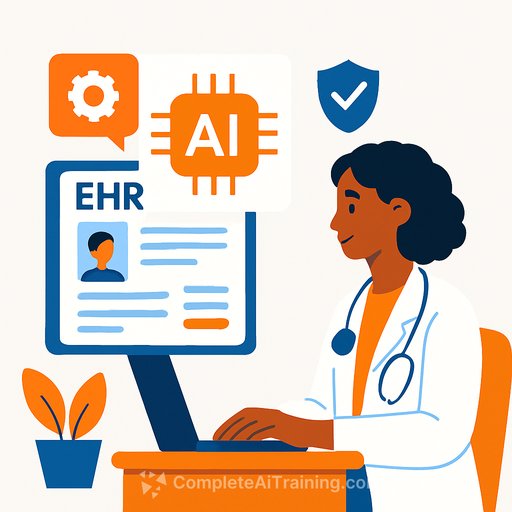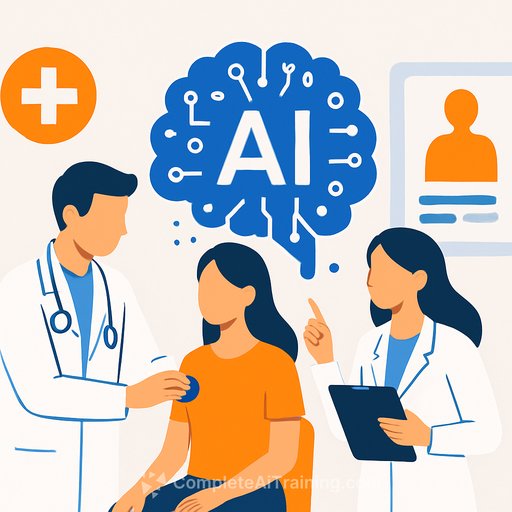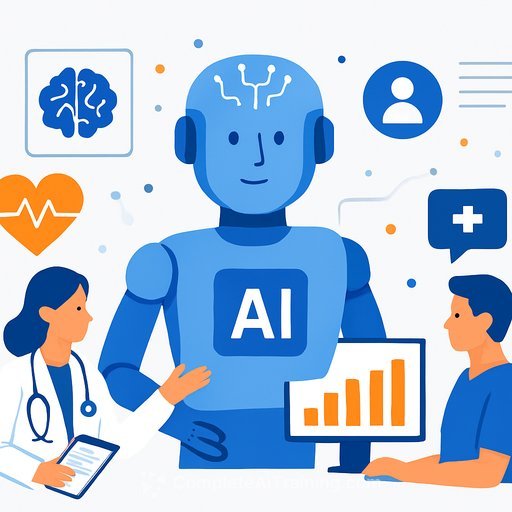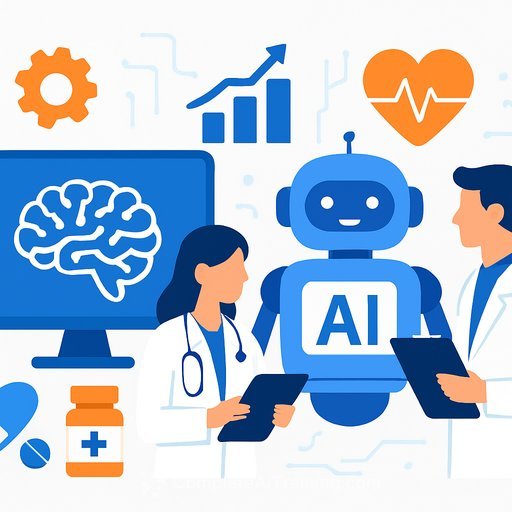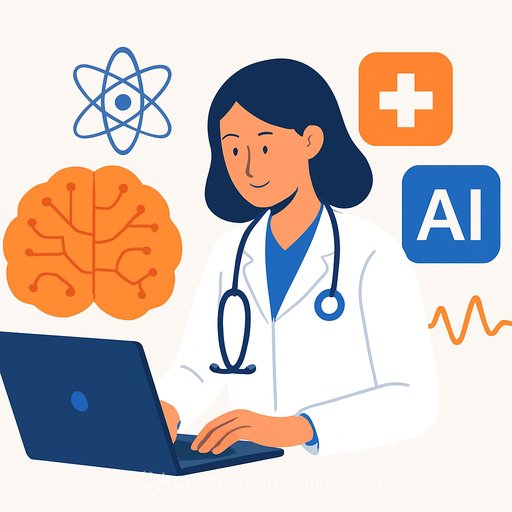Elation Health Highlights Benefits of AI Built Directly Into EHR
Many healthcare providers are adding AI solutions to their Electronic Health Records (EHR) as separate modules. However, Elation Health, a San Francisco-based EHR vendor focused on primary care, is taking a different approach by integrating AI features natively within its platform.
Kyna Fong, Ph.D., co-founder and CEO of Elation Health, points out that traditional EHR vendors often struggle to innovate quickly due to legacy systems and limited internal expertise. By contrast, Elation embeds AI tools directly into its EHR, which streamlines workflows and enhances capabilities that add-on solutions can’t match.
Why Native AI Integration Matters
When AI is added as a separate tool, the user experience is often limited by integration constraints like data exchange and connection points. Native AI eliminates these barriers, creating a seamless workflow within the EHR. This integration allows advanced features such as ambient scribes that assist during patient visits without interrupting clinical flow.
From a provider standpoint, relying on multiple third-party AI add-ons can increase both cost and complexity. Managing several AI products separately can quickly become overwhelming, especially for smaller practices with limited IT resources.
New AI Features in Elation’s Platform
- Task Automation: Identifies necessary actions during a visit—such as referrals, lab orders, or prescription renewals—and streamlines them into one-click tasks to save time.
- Clinical Insights: Summarizes relevant patient data from various parts of the chart before an encounter, helping physicians quickly review critical information without sifting through extensive records.
- Wordsmith: Uses generative AI to draft post-visit communications like referral letters and patient notes, with options to customize tone and style based on provider preferences.
These features are designed with simplicity and clinical utility in mind, ensuring that even smaller practices without large IT teams can easily adopt them. Elation prioritizes intuitive design and ease of use to reduce the learning curve and support efficient care delivery.
For healthcare professionals interested in AI tools and their applications in clinical settings, exploring practical training courses can offer valuable insights. Resources such as Complete AI Training for Healthcare Jobs provide targeted education on integrating AI effectively in healthcare workflows.
Your membership also unlocks:

